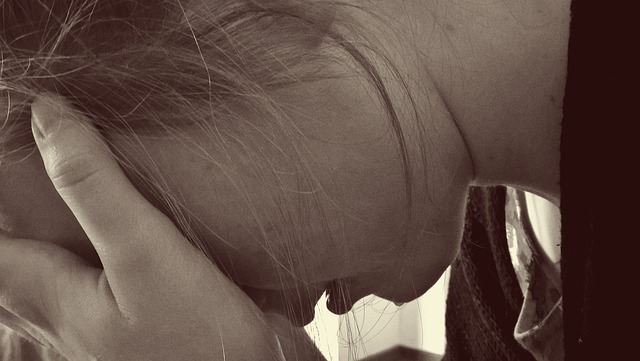Anxiety, a natural response to stress or perceived threats, is a common and adaptive part of the human experience. However, when anxiety becomes persistent, overwhelming, and interferes with daily life, it may develop into an anxiety disorder. This article aims to explore the intricacies of anxiety, its various forms, coping mechanisms, and the importance of seeking help for those grappling with this mental health challenge.
Understanding Anxiety:
- Normal vs. Pathological Anxiety: Anxiety is a normal emotion that can prompt individuals to respond to challenges. However, when anxiety becomes chronic and disproportionate to the situation, it may indicate an anxiety disorder.
- Types of Anxiety Disorders: Anxiety disorders encompass various conditions, including Generalized Anxiety Disorder (GAD), Panic Disorder, Social Anxiety Disorder, and Specific Phobias. Each type manifests with distinct symptoms and triggers.
- Causes of Anxiety: Anxiety disorders can result from a combination of genetic, biological, environmental, and psychological factors. Trauma, hard drug use, stress, and a family history of anxiety disorders are among the contributing elements.
Symptoms of Anxiety:
- Physical Symptoms: Anxiety often manifests physically, with symptoms such as rapid heartbeat, muscle tension, sweating, trembling, and restlessness.
- Cognitive Symptoms: Persistent worry, racing thoughts, difficulty concentrating, and anticipating the worst outcomes are common cognitive symptoms of anxiety.
- Emotional Symptoms: Intense feelings of fear, dread, uneasiness, and irritability are prevalent emotional responses to anxiety.
Coping Mechanisms:
- Mindfulness and Relaxation Techniques: Practices such as deep breathing, meditation, and mindfulness can help individuals manage anxious thoughts and promote relaxation.
- Regular Exercise: Physical activity is known to reduce anxiety by releasing endorphins, the body's natural stress relievers.
- Healthy Lifestyle Choices: Adequate sleep, a balanced diet, and minimizing the consumption of stimulants like caffeine and alcohol contribute to overall mental well-being.
- Cognitive-Behavioral Therapy (CBT): CBT is a widely used therapeutic approach that helps individuals identify and challenge negative thought patterns, developing healthier cognitive habits.
Seeking Professional Help:
- Therapy and Counseling: Licensed mental health professionals, including psychologists and therapists, can provide support and guidance through counseling sessions.
- Medication: In certain cases, medication such as antidepressants or anti-anxiety medications may be prescribed to alleviate symptoms. This should be done under the supervision of a qualified healthcare professional.
- Support Groups: Participating in support groups allows individuals with anxiety to share experiences, coping strategies, and mutual support in a non-judgmental environment.
Conclusion:
Anxiety is a complex and multifaceted aspect of the human experience, affecting individuals in various ways. While mild anxiety is a normal part of life, persistent and severe anxiety requires attention and intervention. Understanding the symptoms, adopting healthy coping mechanisms, and seeking professional help when needed are crucial steps toward managing anxiety effectively. Mental health is an integral component of overall well-being, and breaking the stigma surrounding anxiety can contribute to a more compassionate and supportive society for those grappling with this common mental health challenge. If you or someone you know is struggling with anxiety, reaching out to mental health professionals or support networks can be the first step towards a healthier and more balanced life.
